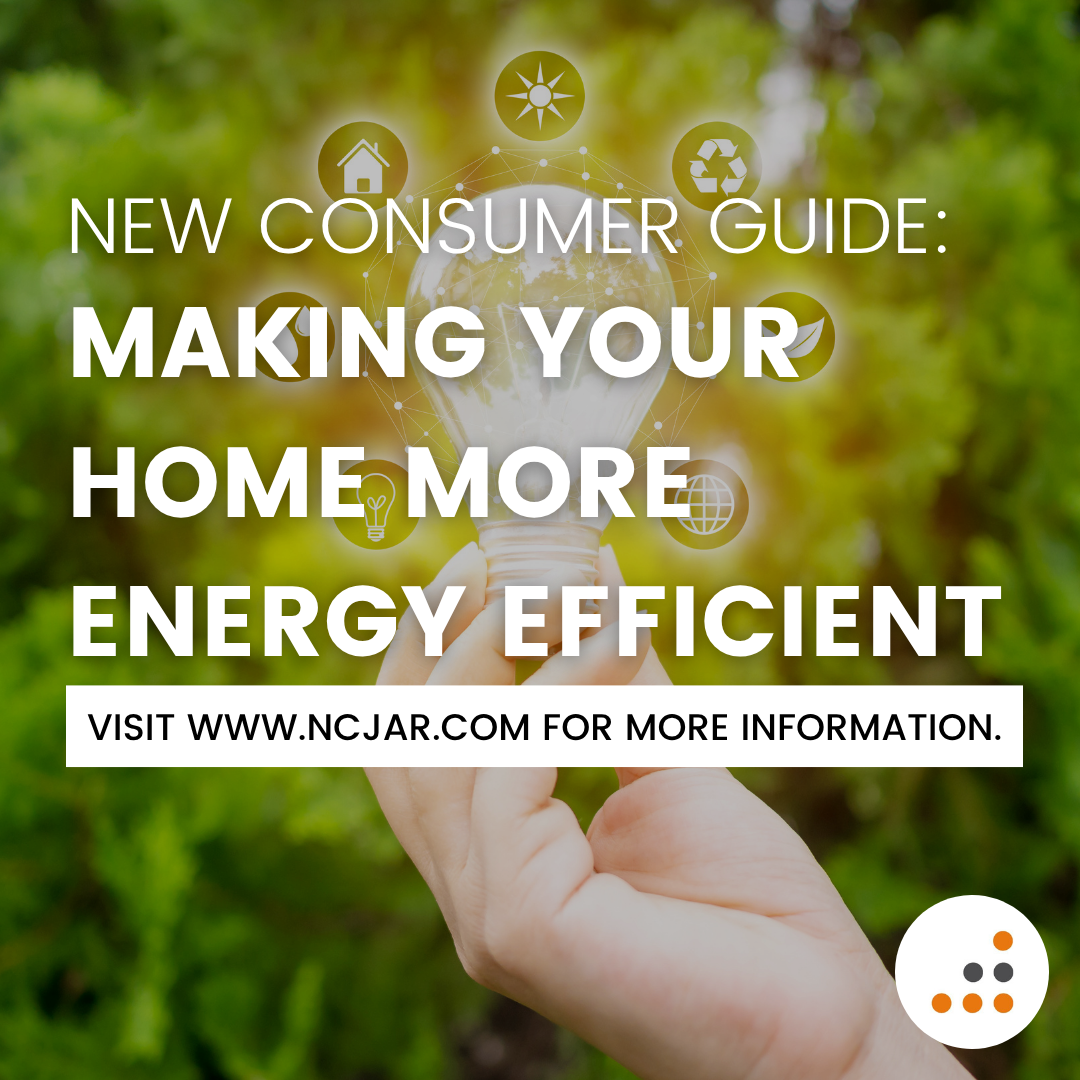 Improving your home’s energy efficiency doesn’t require a major renovation or a big investment. Whether you’re hoping to cut down on monthly utility bills, upgrade your home before listing it, or simply modernize your space, there are several practical steps you can take to make your home more energy-smart—and cost-effective.
Improving your home’s energy efficiency doesn’t require a major renovation or a big investment. Whether you’re hoping to cut down on monthly utility bills, upgrade your home before listing it, or simply modernize your space, there are several practical steps you can take to make your home more energy-smart—and cost-effective.
What Is Energy Efficiency?
At its core, energy efficiency means your home is using less energy to perform the same tasks. That translates to lower utility costs and a more comfortable living space. This often involves making sure systems like heating, cooling, and major appliances are running as effectively and economically as possible.
Where Should I Start?
Begin with a home energy audit. This professional assessment identifies areas where your home may be losing energy—such as drafty windows, insufficient insulation, or outdated appliances. Some utility companies even offer energy audits at little or no cost, making it a smart first step in your efficiency journey.
Quick & Low-Cost Energy Savers
Small changes can lead to big savings over time. Consider these easy upgrades:
- Switch to LED lightbulbs
- Seal air leaks around windows and doors
- Unplug electronics when not in use
- Adjust your thermostat by a few degrees
- Use faucet aerators and smart power strips
These budget-friendly improvements are simple to implement and can quickly reduce your daily energy use.
High-Impact Upgrades That Pay Off
If you’re ready to invest in larger improvements, here are some with the best return:
- Upgrade attic insulation to reduce heat loss
- Install energy-efficient windows
- Replace old HVAC systems with modern models
- Switch to Energy Star–certified appliances
- Upgrade your water heater to a more efficient model
These upgrades can significantly lower your energy bills and even increase your home’s resale value.
Selling? Efficiency Can Boost Your Home’s Appeal
Energy efficiency is a major selling point for today’s buyers. Before listing your home, consider completing key upgrades that improve efficiency. Be sure to highlight these features in your listing. A REALTOR® can help market your home to showcase its energy-smart improvements—something buyers are actively seeking in today’s market.
Are Incentives Available?
Yes! Many state and local governments, utility providers, and federal programs offer rebates, low-interest loans, or tax credits for qualifying energy improvements. A knowledgeable contractor or housing agency can help you find and apply for programs in your area.
How Can I Tell If a Product Is Energy Efficient?
Look for the Energy Star label—it’s the gold standard for efficiency. For heating and cooling systems, efficiency is often indicated by SEER (Seasonal Energy Efficiency Ratio) or AFUE (Annual Fuel Utilization Efficiency) ratings.
What to Ask Before Hiring a Contractor
Before moving forward with energy upgrades, ask the contractor:
- Does this product qualify for rebates or tax incentives?
- What energy savings can I expect?
- How long will the product last?
- Do you have experience with energy-efficient installations?
Don’t forget to check references and online reviews for added peace of mind.
Special Considerations for Older Homes
Older homes often need more specialized upgrades. They may have single-pane windows, older insulation, or inefficient heating systems. A professional energy audit can help you prioritize improvements while maintaining your home’s character. Focus on adding insulation, sealing drafts, and upgrading systems while preserving charm and architectural integrity.
Note: Energy laws and incentives vary by location. Consult your real estate professional or an attorney to learn more about regulations in your area. For additional tips and trusted resources, visit facts.realtor.